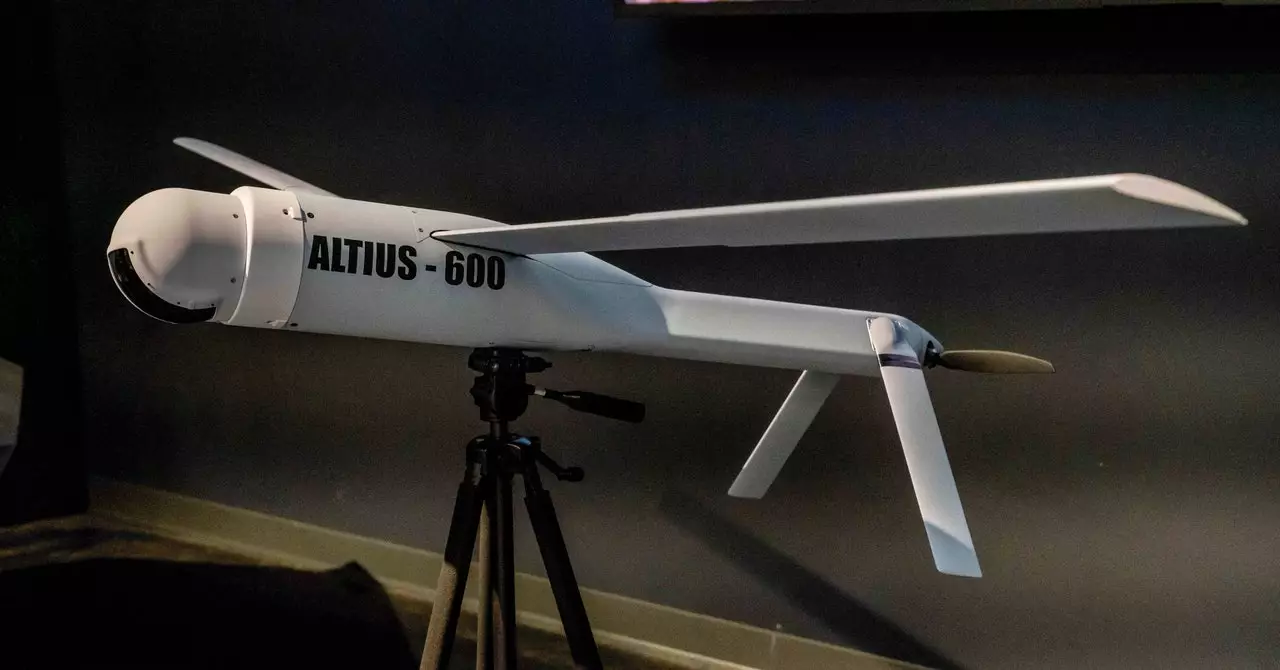In a significant development that signals a shift in the technological landscape, OpenAI, the creator of ChatGPT, has announced a partnership with Anduril, a rising defense startup specializing in cutting-edge military technologies. This collaboration is emblematic of a broader trend where tech giants increasingly seek to forge alliances with the defense sector. This trend not only reflects a changing ethos in Silicon Valley but also highlights the growing recognition of artificial intelligence as a pivotal tool in enhancing military capabilities.
The partnership aims to leverage OpenAI’s advanced artificial intelligence models to bolster systems pertaining to air defense. According to Sam Altman, CEO of OpenAI, the mission is clearly defined: create AI solutions that enrich the lives of individuals while upholding foundational democratic values amid military usage. Altman’s vision encapsulates a dual commitment — providing technological benefits while aligning with ethical considerations in defense operations.
Brian Schimpf, co-founder and CEO of Anduril, emphasized the initiative’s objective to refine military decision-making processes. The integration of AI into air defense systems aims to improve situational awareness, allowing intelligence operators to respond to threats more efficiently. The claim that OpenAI’s technology will enhance the evaluation of drone threats signifies a substantial transforming potential in terms of safety and operational effectiveness in aerial defense. A former OpenAI employee, who chose to remain anonymous, elaborated on this, pointing out the urgency of the military’s needs in high-stakes environments where swift and precise decision-making can be life-saving.
As the US military continues to incorporate AI technologies developed by OpenAI, one cannot overlook the implications this partnership presents. The military’s reliance on these advanced systems raises questions about accountability, transparency, and ethical use of AI in combat scenarios. Moreover, the reception of this partnership within the tech community is varied, with some former insiders expressing concern over OpenAI’s shift in policy regarding military collaborations. This internal discord signals an ongoing struggle within the tech sector to balance innovative ambitions with ethical boundaries.
History has shown that the intersection of technology and military power is often fraught with controversy. The backlash faced by Google in 2018, when employee protests erupted over their contribution to the Pentagon’s Project Maven, epitomizes the unease many in the tech community feel regarding military partnerships. Google’s eventual withdrawal from the project demonstrated a pivotal firm stance against the militarization of technology. Today, as more technology firms lean towards embracing military contracts, it raises an important question: Can tech companies maintain a moral compass in a landscape that increasingly seeks to weaponize AI?
One of the focal points of contention is how much control should be ceded to algorithms, particularly in environments where decisions could result in loss of life. Anduril’s autonomous systems currently utilize open-source models, but as they progress and integrate capabilities from OpenAI, the debate on autonomy in decision-making versus human oversight becomes essential. The unpredictability of today’s AI models accentuates the need for caution; the potential ramifications of deploying such systems in real-world scenarios could lead to unpredictable outcomes.
As OpenAI and Anduril embark on this ambitious journey, the future of AI in defense remains uncertain yet vibrant. The fusion of innovative technology and military strategy could revolutionize the defense landscape, yielding unprecedented advantages for national security. However, with such power comes an immense responsibility to ensure that these advancements are implemented thoughtfully and ethically.
The prevailing mindset within Silicon Valley regarding military collaboration appears to be evolving. While some resistance remains, there is a growing narrative that acknowledges the potential benefits of AI on global security. Ultimately, as these partnerships deepen, the discourse surrounding the ethical use of technology in warfare must remain at the forefront, ensuring that the drive for innovation does not compromise fundamental human values.


Leave a Reply